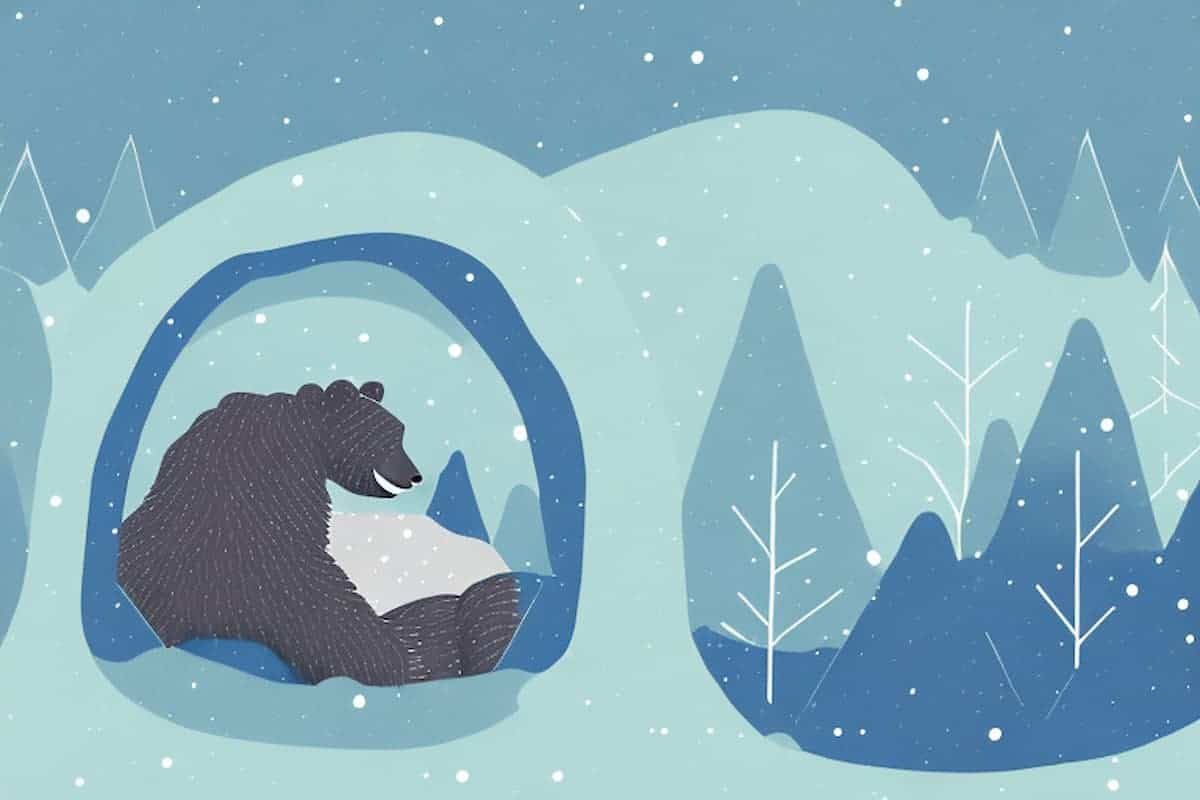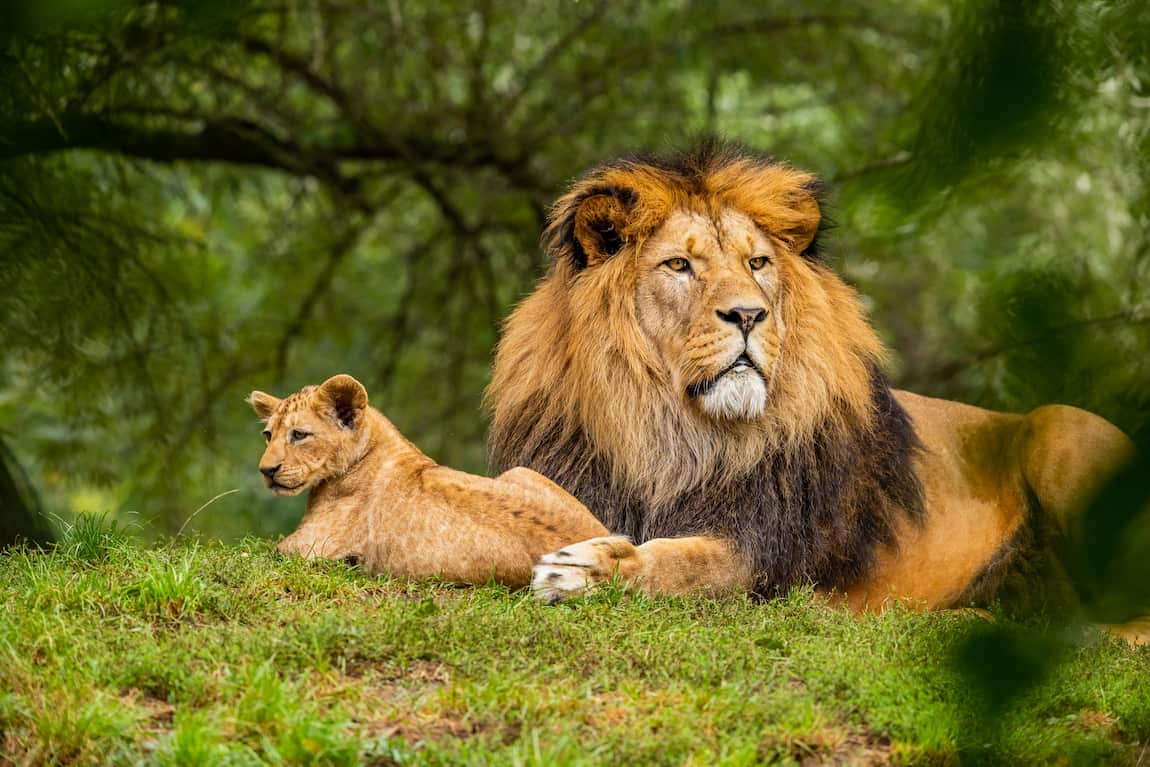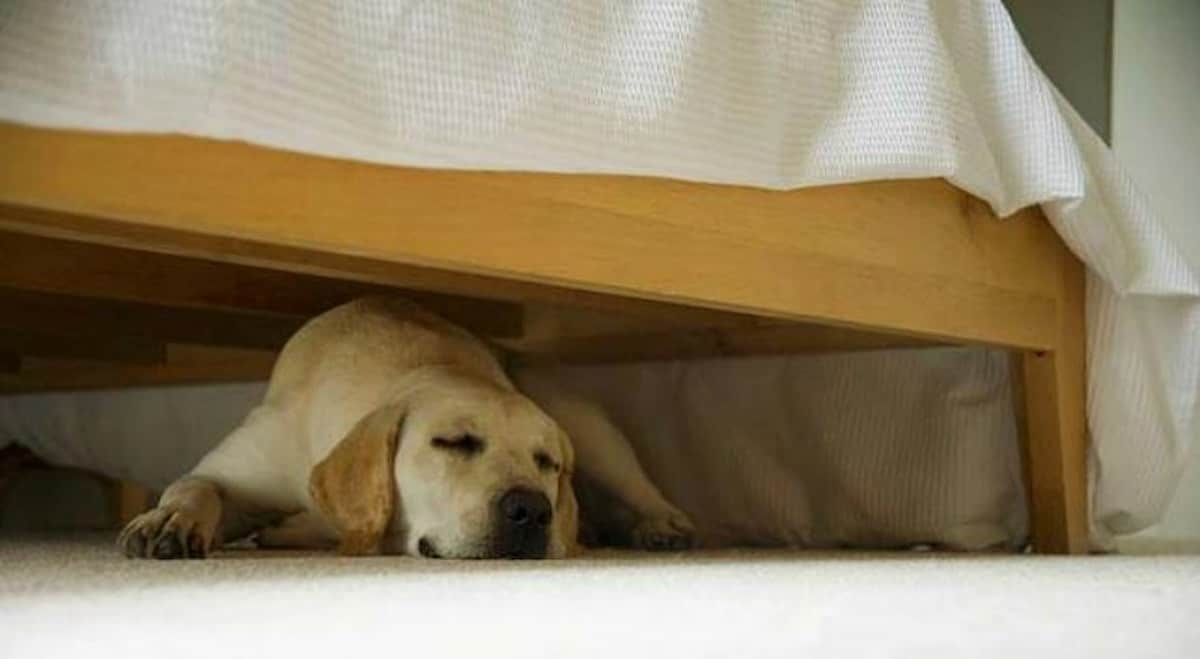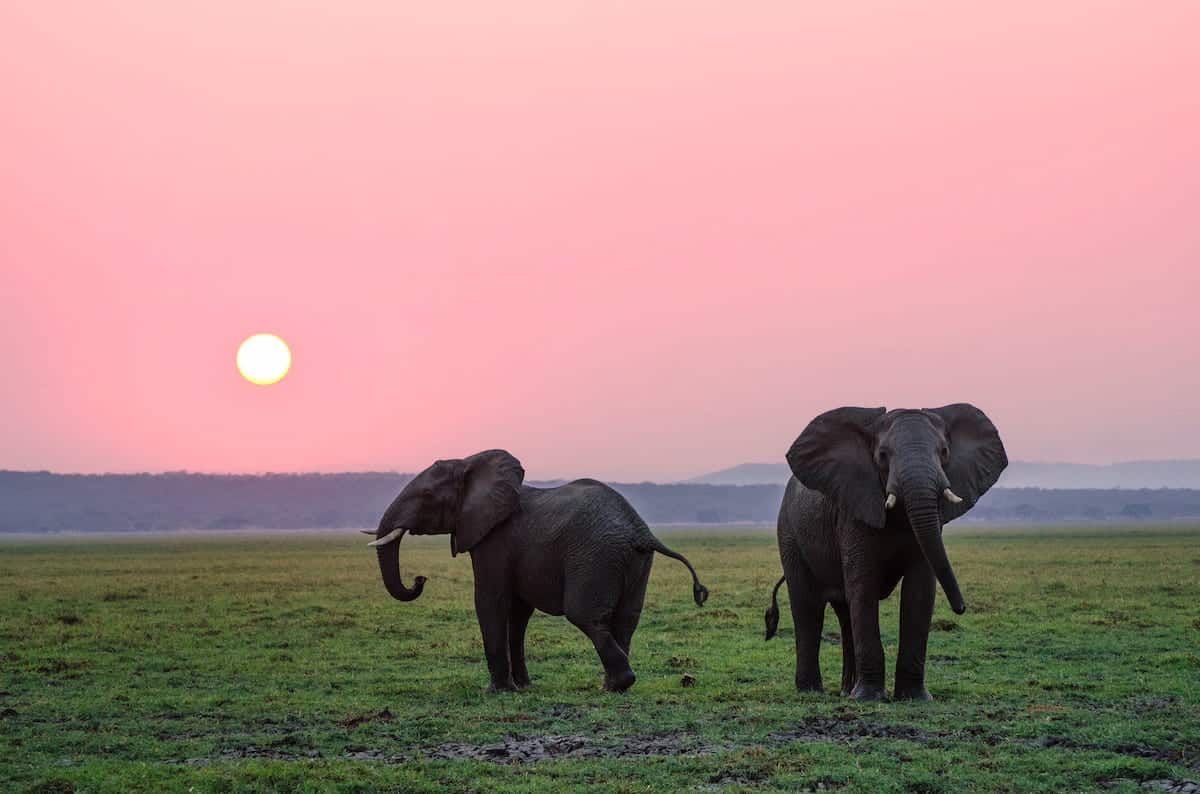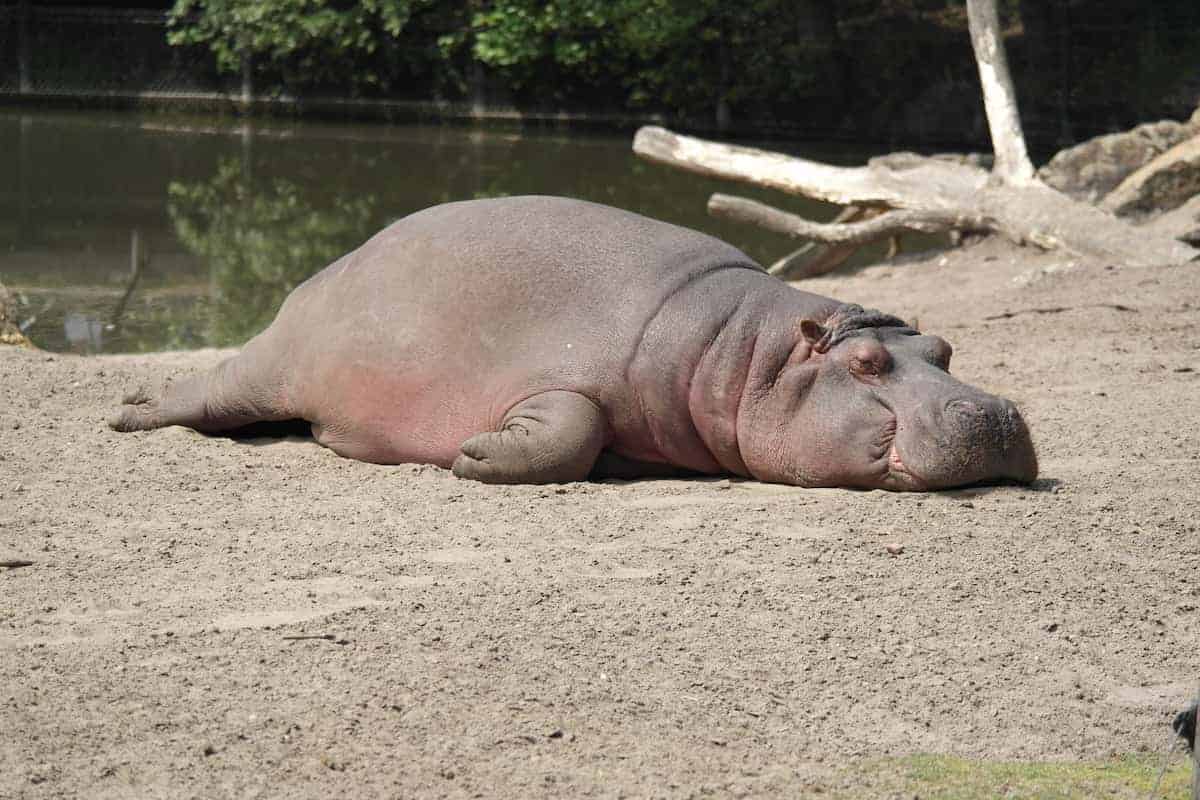Bears and other hibernating mammals sleep through the winter rather than migrate to warmer climates. Though we might envy the ability to sleep through the cold months, there is more to it than just deep rest. This article is about the mysterious world of hibernation and what it takes for bears to survive the season in a deep sleep.
What are the Benefits of Hibernation?
The benefits of hibernation are numerous. Besides being an effective adaptive response to survive winter, hibernation is beneficial for saving energy. Bears must feed heavily before entering hibernation, putting on considerable body fat to sustain them. During hibernation, animals experience low metabolic rates allowing them to conserve energy when food is scarce. In addition to conserving energy, hibernating animals are able to escape extreme weather conditions, evade predators, and avoid competition for resources.
Hibernation also helps animals to conserve water. During hibernation, animals enter a state of torpor, which is a state of decreased physiological activity. This state of torpor helps animals to reduce their water loss, as they do not need to drink as much water as they would if they were active. Furthermore, hibernation helps animals to avoid dehydration, as they do not need to expend energy to find water sources.
How Do Bears Prepare for Hibernation?
There are two essential components in a bear’s preparation for hibernation: finding a secure den and eating enough food. To prepare for hibernation, bears start eating compulsively in order to build up their fat reserves as much as possible—they can eat up to 20,000 calories a day during this period. After storing enough fat, the bear will then look for a secure den that is dry, dark, and hidden from predators. Although black and brown bear dens are typically made up of caves and hollow logs, polar bears prefer snowdrifts that offer protection from the elements.
Once the bear has found a suitable den, they will begin to slow down their metabolism and heart rate in order to conserve energy. During hibernation, bears will sleep for up to seven months, only waking up occasionally to urinate or defecate. During this time, the bear’s body temperature will drop to match the temperature of its den, and its breathing rate will slow down significantly. Bears will also enter a state of torpor, which is a deep sleep-like state that helps them conserve energy.
What Happens During Hibernation?
Once inside their den, the bear’s heart rate drops from 40-50 beats per minute (bpm) to just 8-10 bpm and their body temperature drops to match their new state. They also drastically reduce their metabolism rate and reduce their breathing rate by half. Despite being in a trance-like state, hibernating animals still respond to disturbances that occur near their den.
During hibernation, bears will wake up periodically to eat stored food, drink water, and urinate. They will also move around in their den to find a comfortable spot. Bears will also wake up if the temperature in their den drops too low. This is why it is important for them to find a den that is well insulated and protected from the elements.
How Long Do Bears Stay in Hibernation?
When in hibernation, bears go into a state of deep sleep known as “torpor” and remain that way for 5-7 months depending on the species. Black bears tend to be the deepest hibernators as they can remain in torpor for up to 7 months. Brown bears on the other hand hibernate for about 4-5 months before waking up due to rising temperatures.
During hibernation, bears do not eat, drink, urinate, or defecate. They rely on stored body fat to survive the winter months. Bears also slow their heart rate and breathing to conserve energy. This allows them to survive on very little energy while in hibernation.
How Does Hibernation Affect Bears Physically and Mentally?
Hibernation affects bears in many ways, both physically and mentally. Physically, bears lose muscle mass when they are in the den due to lack of movement and tends to atrophize in between long period of rest. As for mental effects, bears kept in captivity tend to restart their hibernation cycle if disturbed during any point prior to when they naturally would wake up. This can be indicative of deeply embedded behaviors that take place even while they are asleep.
In addition, hibernation can also have an effect on the bear’s immune system. During hibernation, the bear’s body temperature drops, which can reduce the effectiveness of the immune system. This can make the bear more susceptible to illnesses and infections. Furthermore, hibernation can also cause the bear to become dehydrated, which can further weaken the immune system. Therefore, it is important for bears to be monitored closely during hibernation to ensure their health and safety.
What Can We Learn From Bear Hibernation?
The study of bear hibernation can provide us with greater insight into the complexities of animal physiology and behavior as well as potential means for long-term human preservation when faced with extreme environments. Furthermore, research on the metabolism associated with hibernation may be able to aid in the development of treatments for human metabolic diseases such as obesity.
From den building to stunted muscle atrophy and everything in between, bear hibernation is truly an awe-inspiring process. It remains fascinating to us due to its complexity and as yet unexplained variables but fascinating nonetheless.
